Graffiti, from Arab Spring protest to statement design
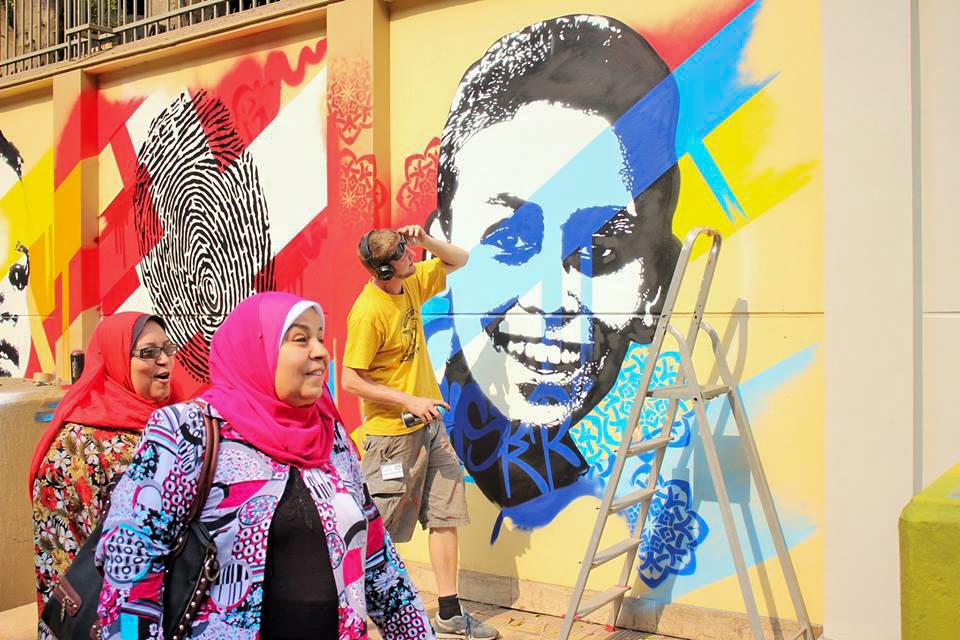
The art of graffiti has gained in popularity in Egypt since the Arab Spring. At the Swiss embassy in Cairo, artists have even been invited to redesign its walls in a show of cultural cooperation.
“Although I have been practising drawing as a hobby for a long time, the idea of painting graffiti started during the events of the January 25, 2011 revolution. Before then, I would just take part in demonstrations,” said Egyptian artist Mohamed Khalid at the start of the embassy’s six day project.
Khalid worked alongside three Swiss artists – Bustart and NEVERCREW art duo Pablo Togni and Christian Rebecchi – in a project that was carried out together with the Swiss cultural foundation Pro Helvetia.
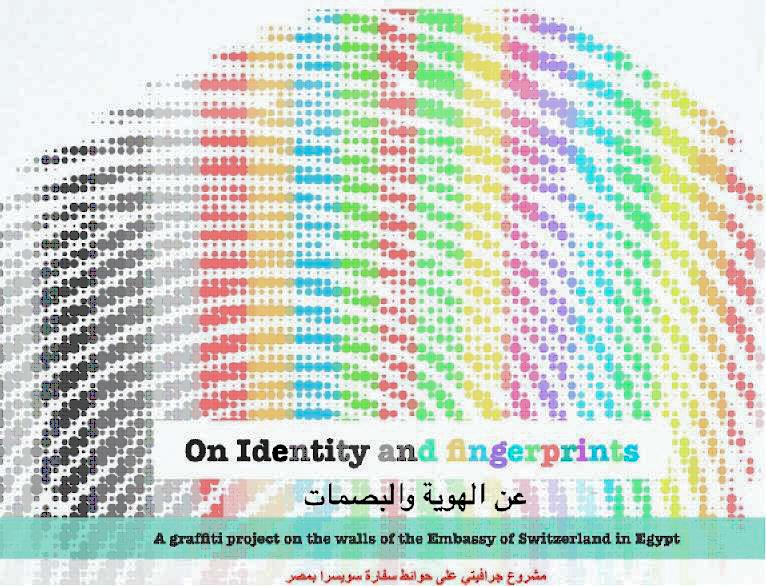
More
Redesigning the Swiss embassy walls in Cairo
Through his work Khalid tries to show that the idea is more important than anything else. For him it is the individual’s ideas that make him different from his peers and not colour, shape, gender or other differences.
As a graffiti artist there is less freedom today to criticise authorities than there was in the period following the January 2011 revolution, according to Khalid. “The situation is a lot different. Today there are red lines. There are many places where we no longer can paint. A piece of legislation has been enacted introducing heavy penalties for those who do so. You can even be considered a traitor,” he said.
Since the ousting of former president Mohamed Morsi, things have worsened, Khalid noted. “When the wave of popular anger broke out against Morsi’s government, we used to go down and paint graffiti on the walls of the big streets and squares and say what we wanted to say against him, although some Muslim Brotherhood youth would try to prevent us.”
“But today, whoever speaks out goes to prison immediately. Whoever says a word or does a drawing that does not appeal to the government is quickly imprisoned.”
Swiss artist Bustart said that he was eager to come to Egypt, and although he was warned by some people not to visit until the situation stabilised, his curiosity pushed him to travel to the country.
“The graffiti on the walls is one of the things that makes me most happy. I noticed that the walls are bigger and more beautiful,” he said.
“During my conversations with some artists, they mentioned to me that the situation was better last year, and that people were keen on seeing these drawings on the streets and squares.”
He stressed the need for graffiti to express the conscience of the public and called for artists to be free to present innovative work, as long as they are not breaking the law.
The embassy project was covered by a number of Egyptian and foreign newspapers and news agencies and was attended by several Swiss citizens living in Cairo and some Egyptian art aficionados.
Markus Leitner, the Swiss ambassador to Egypt, observed that cultural exchange between the Swiss and Egyptian youth was an important element of the work of the Swiss embassy in Egypt. “The embassy’s graffiti project is a small but tangible support for the flourishing street art scene in both Egypt and Switzerland.”
“I am delighted by this fantastic work of art, not only because of the end product, which has won the admiration of everyone, but also the cooperation which took place between the Swiss and Egyptian artists.”
The embassy would not remove the graffiti from its walls, he added.
The project was organised by the Swiss embassy in Cairo, in cooperation with the regional office of the Swiss cultural institution Pro Helvetia.
The project’s theme “On identity and fingerprints” discusses the issues of identity and its linkage to fingerprints, one of the most important symbols of individualism.
(Adapted from Arabic by Muhammad Shokry)

In compliance with the JTI standards
More: SWI swissinfo.ch certified by the Journalism Trust Initiative
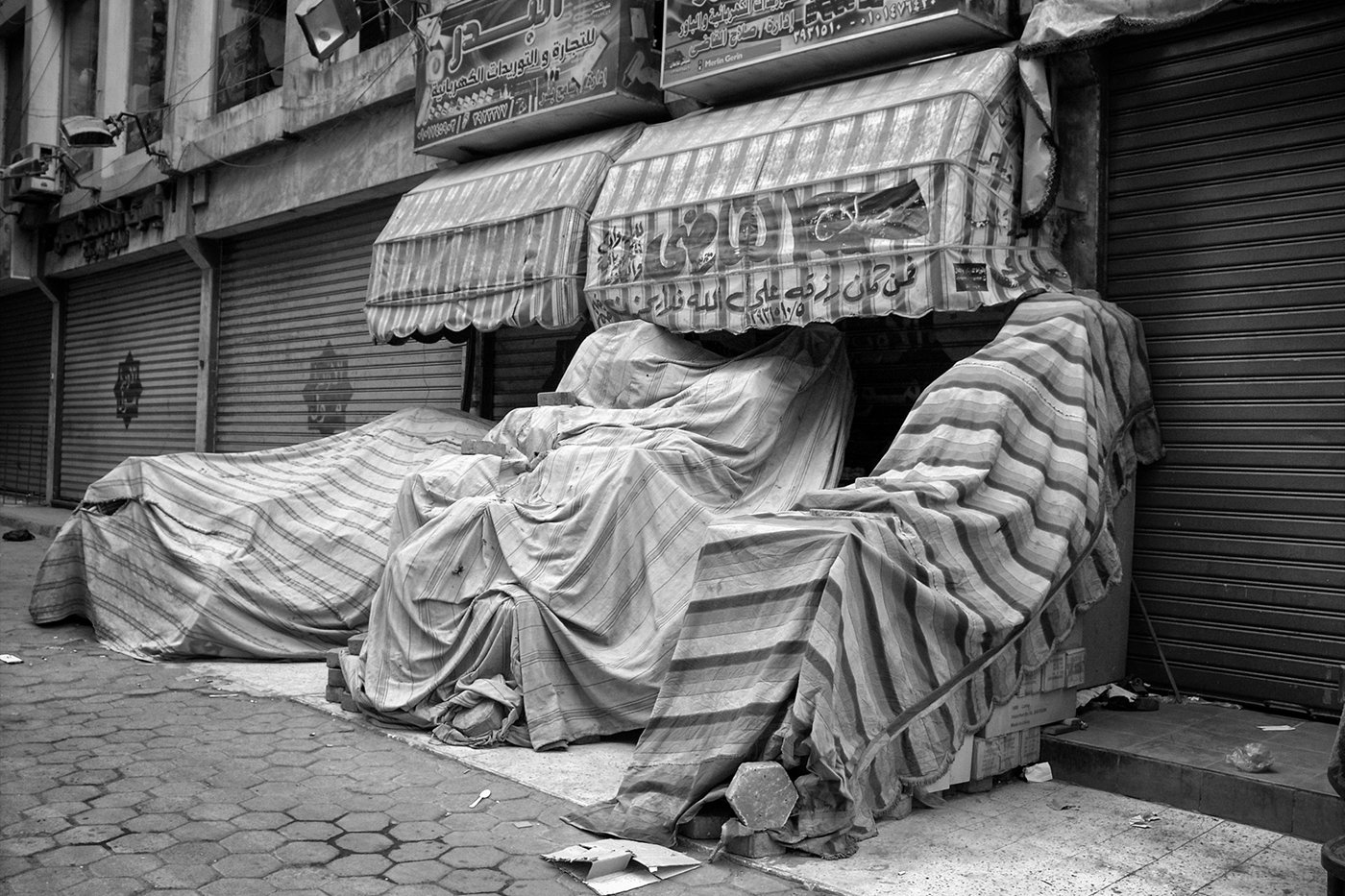
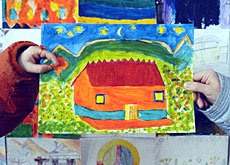
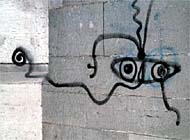
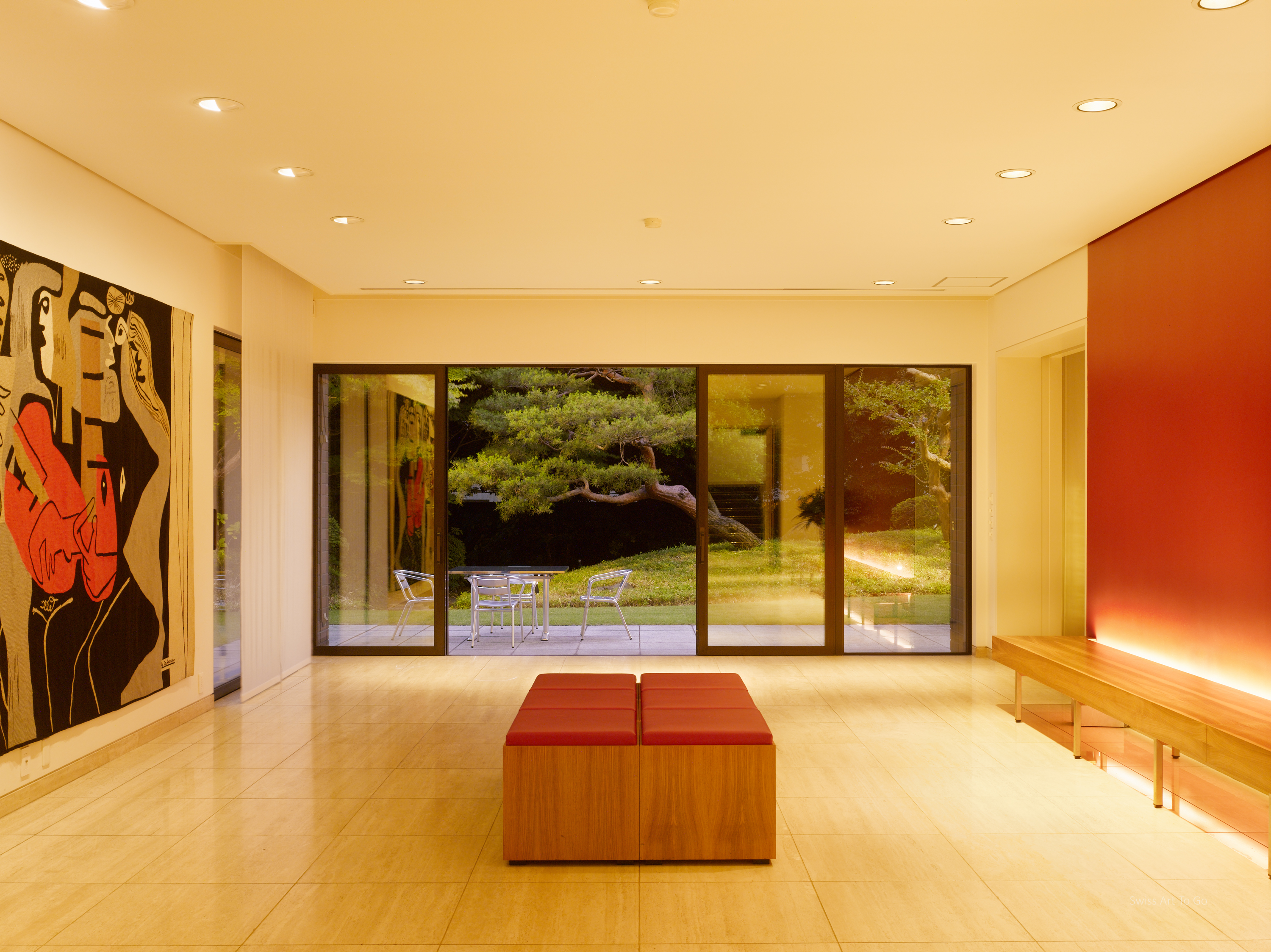
You can find an overview of ongoing debates with our journalists here. Please join us!
If you want to start a conversation about a topic raised in this article or want to report factual errors, email us at english@swissinfo.ch.